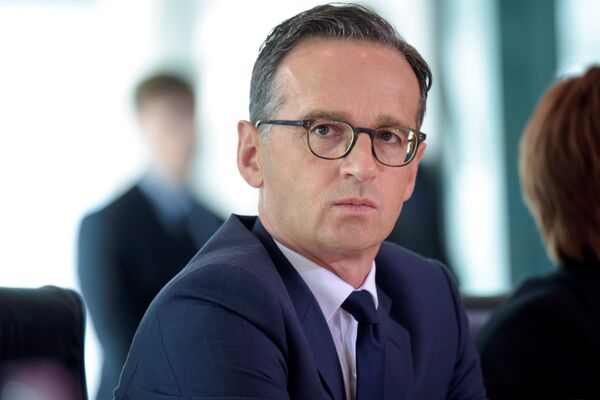Heiko Maas, Justice Minister and member of the center-left Social Democratic Party, has claimed that social-media platforms do an inadequate job of policing their own users. While they have taken some measures on their own initiative, such as content flagging, Haas has criticized platforms like Twitter and Facebook for sluggish and insufficient responses to reports of abuse.
The plan would require social media sites to have round-the-clock flagging services, with illegal content being deleted with seven days of having been reported. The companies would also have to submit quarterly reports detailing their strategies for responding to the posting of illegal content.
Sites would also be obliged to appoint someone personally responsible for handling complaints, and that person could face fines of up to five million euros if they failed to abide by the law.
Maas stressed that the law is not a restriction on free speech, but instead an attempt to make social-media platforms enforce their own policies. There would be no "truth commission" against fake news, said Maas, but a fake news story could constitute "slander, defamation or libel."
While data Maas cites claims that Facebook removed 39 percent of all flagged content, Facebook's internal reports claimed much higher numbers. Twitter, which removes only 1 percent of flagged content according to Maas, did not comment.
While German free speech laws are mostly in step with other Western countries, there is one major point of departure: the nation's legacy after World War II. Holocaust denial and overt anti-semitism are considered hate speech under German law, while they are protected speech in the United States. This could put American-owned businesses like Facebook and Twitter in a thorny position.
The measure was praised by Robert Singer, chief executive of the World Jewish Congress. "The internet is awash with hateful content, a lot of which is incitement to hatred and violence. Currently, it often takes providers far too long to remove or block such content," he said. "It's important that the internet companies and politicians take this problem seriously, and we commend Germany for taking the lead on this."
The measure will eventually become a bill that will be presented to the Bundestag, according to Justice Ministry spokesman Philip Scholz. He also said getting the bill in front of the Parliament ahead of the September general election was possible, but "ambitious."





